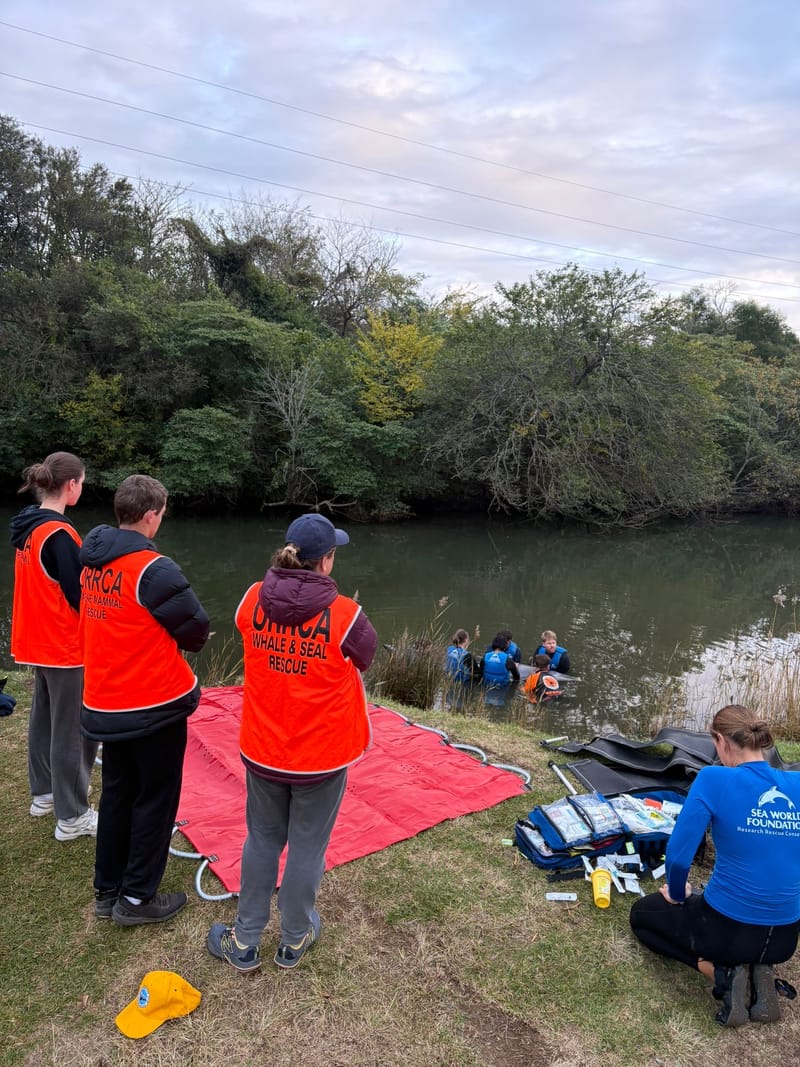Thirroul doctor calls out unethical prescribing that puts profits over patients in medicinal cannabis industry
A Thirroul doctor has spoken out against unethical behaviour in the medicinal cannabis industry, warning of the dangers of brief consultations, “prescribing by algorithm” and practitioners who make their money by recommending a particular brand...

A Thirroul doctor has spoken out against unethical behaviour in the medicinal cannabis industry, warning of the dangers of brief consultations, “prescribing by algorithm” and practitioners who make their money by recommending a particular brand.
In this, Dr Ashleigh Ray joins a growing number of experts and institutions calling for reform, including the Australian Medical Association and Australian Health Practitioner Regulation Agency (AHPRA).
“Medicinal cannabis prescribing should basically be done in the way that doctors would practise in any other setting,” Dr Ray said.
“We should do a thorough assessment. We should check to make sure that the medication that we're looking to prescribe the person is safe for them.
“That includes looking at medication interactions with their existing medications. It includes looking up what they've been prescribed previously, like on SafeScript NSW or My Health Record.”
Long consults – think 45 minutes – that take in a detailed patient history should be standard practice.
“In addition to that, we should also be sending letters back to their general practitioner,” she said.
GPs are the “cradle to grave” primary care provider who hold an overview of a patient’s healthcare. While it’s hard to find a GP these days, Dr Ray acknowledged, they are “really important for that continuity of care” and can be on the alert for any side effects, such as an increase in anxiety.
“The cannabis prescriber might not see them very often, or often will just be on telehealth,” she said.
Red flags to watch for
Dr Ray is a psychiatry registrar who entered the field of medicinal cannabis both out of interest and because it gave her the flexibility to combine motherhood and medical work. After working as an authorised medicinal cannabis prescriber for several years, she is determined to call out unethical behaviour that puts profits over patients.
“A lot of these cannabis businesses, their business model, I think, is very unethical. For example, there are online cannabis businesses where they charge very little for their appointment. So they might charge $30 for a patient to speak with the doctor and to be assessed, but the conversation often is very brief, and from reports that I've heard through AHPRA, some things are actually just done by algorithm, or a few seconds of a consult.
“Basically, the doctor or the company will charge very little for that, and then they make all of their money off the back end. So they are financially linked to dispensaries, which means that they are financially incentivised to prescribe medications, which is completely unethical – in no other area of medicine have I heard of that happening.
“You should be prescribing based on the patient sitting in front of you and what their needs are.
“You shouldn't be relying on your income to come from the medication that you're prescribing to them.”
Best practice operators will have higher appointment costs and prescribe “the cheapest, most affordable, safest, most appropriate option for the patient”, she said.
To establish if a practitioner is an ethical operator, Dr Ray said an appointment should cost at least $100, be at least half an hour, and the doctor should be able to prescribe any medication available on the Australian market. “If they can't, they're financially linked to certain companies, and I think that leads to unethical prescribing.
“I think it's important that they send letters back to the GP.
“The telehealth aspect is not necessarily a bad thing, especially if you live in a regional area. So that's not necessarily a red flag, but it [the consultation] needs to have adequate time, and they should definitely not have a subscription policy where they just automatically send them out to you, without assessment.”
AHPRA warns of poor practice
The Australian Health Practitioner Regulation Agency – which ensures health practitioners are trained, qualified and safe to practise – warns there is evidence of poor practice in prescribing medicinal cannabis that is leading to significant patient harm.
“Most medicinal cannabis products prescribed in Australia are unapproved,” AHPRA guidelines state. “This means they have not been assessed by the Therapeutic Goods Administration (TGA) for safety, quality, performance or effectiveness. Much of the medicinal cannabis products prescribed in Australia contain THC (delta 9-tetrahydrocannabinol), which makes them Schedule 8 medicines1 due to the risks of misuse/abuse and potentially addictive properties.”
Chronic pain is the most common reason why people seek out medicinal cannabis, but the idea still carries a stigma, said Dr Ray, who wants to raise awareness of the treatment options so patients know what to expect.
“When people are talking about cannabis in a negative light in terms of the risks and some of the harms that can come there, they're really talking about THC. THC is the part of the plant that is psychoactive. So that's the part that people have used cannabis for recreationally, because it can make you high or euphoric or intoxicated. It also can come with risks, including increased risk of cardiovascular events, so heart attack and stroke. It can also lower the seizure threshold. So if you have epilepsy, or if you're someone who's already at risk of seizures, it can make it more likely that you have a seizure.”
Dr Ray said there are safer cannabinoids to begin with, such as CBD.
“THC, particularly high dose THC, can also worsen anxiety and it can also cause psychosis. And that's why it's so irritating when I hear about these clinicians not doing proper assessments to assess for that.
“For some reason, the cannabis space has just gone off on this weird cowboy tangent.”
With all the work that goes into becoming a doctor, Dr Ray said she can’t understand why health professionals would put their registration at risk in this way. “First and foremost, we're doctors. We're not script sellers.”
For more information, visit the AHPRA guidelines page and to check a doctor's registration, go to the Australian Health Practitioner Regulation Agency (AHPRA) website and search the Register of practitioners for the doctor's name or registration number.





